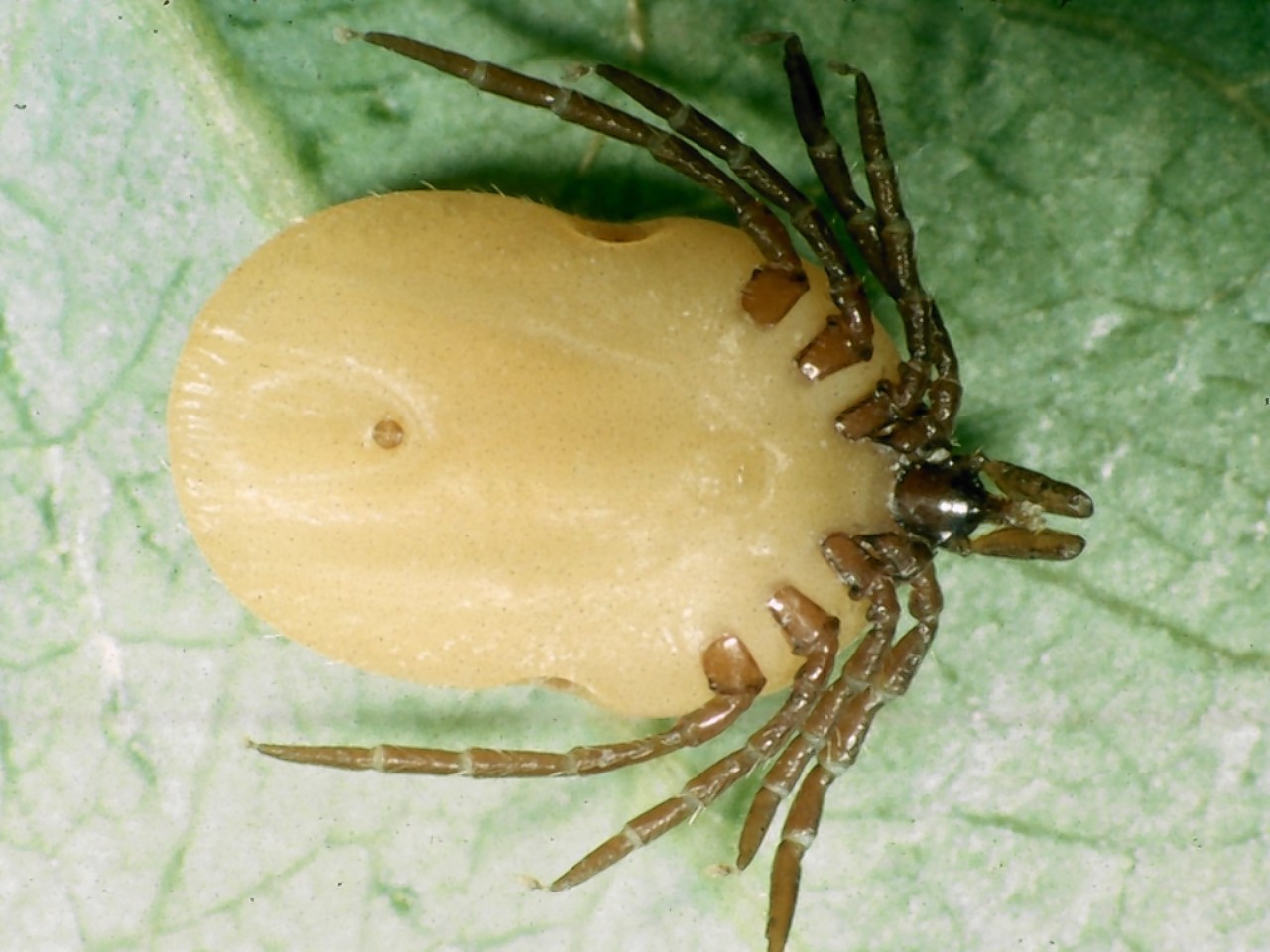Top tips for avoiding tick bites have been issued to help outdoor lovers avoid the risk of contracting debilitating Lyme disease.
Highland Council’s environmental health team is raising awareness of the dangers with information and a kit to tackle such a bite.
Ticks are small spider-like creatures that feed on blood. In the wild they feed on animals like deer, foxes and rabbits and can be picked up by domestic pets – and will bite humans if transferred onto skin.
Project coordinator Bob Murdoch said: “I know a lot of people who have caught Lyme disease and been quite ill.
“Increasingly, more people are aware of someone among friends or family who has been bitten or affected by ticks.
“This is a widespread issue across the country and we should all take simple precautions like avoiding walking though long grass with bare legs or arms in the tick season of May to September.
“Tuck trousers into socks and inspect yourself when you get home. If you haven’t already got a tick tool, this is a great idea and something we should all have handy in the car, wallet or handbag.”
Ticks are common in the Highlands and it is thought that one in 10 carry the bacteria which can cause Lyme disease.
The council has produced a tick removal tool which can help reduce the risk of contracting Lyme disease by allowing ticks to be safely removed from the body.
Aviemore restaurateur Toni Vastano, who was bitten by a tick in the woods at Craigellachie, said: “I was training for a charity cycle at the time. I was really fit but I was getting exhausted and my joints were hurting.”
He got a blood test at the local health centre and was diagnosed with Lyme disease a year after he was bitten.
“I had to take two rounds of antibiotics and get injections into my muscles. My immune system was so low that I had to go to hospital for even the smallest cuts,” he said.
A free tick removal tool and information leaflet are available by post from ‘Tooled up for tick time’, Environmental Health, Community Services, Highland Council, Town House, High Street, IV1 1JJ.
A leaflet ‘A short guide about ticks and Lyme disease’ is available on the council’s website at www.highland.gov.uk/ticks
